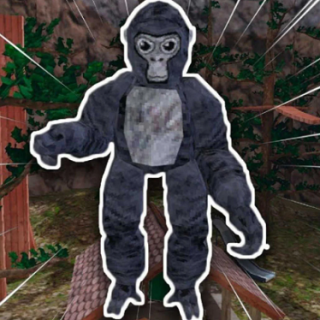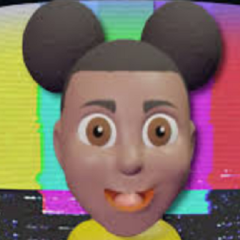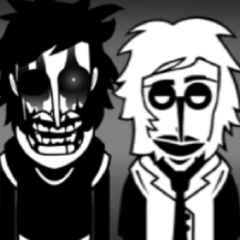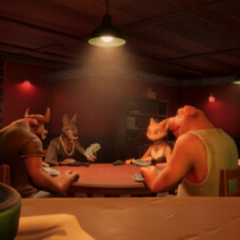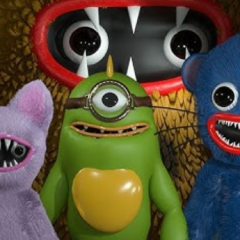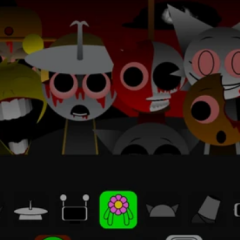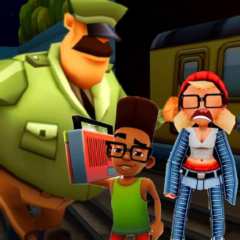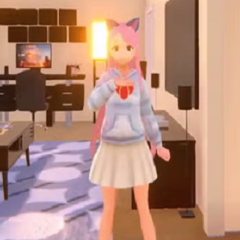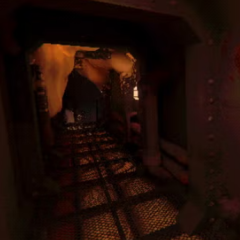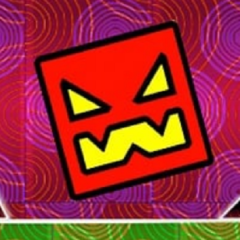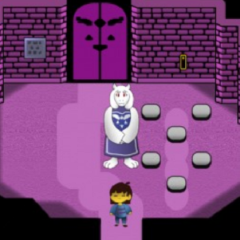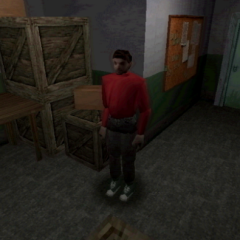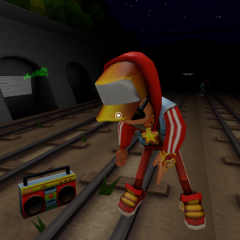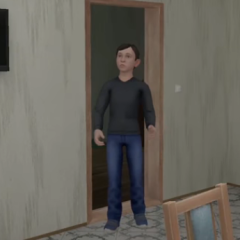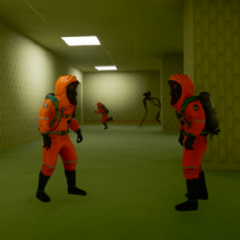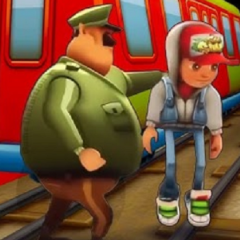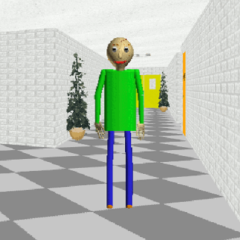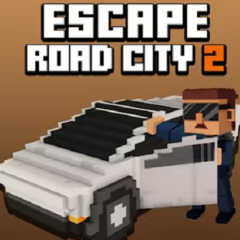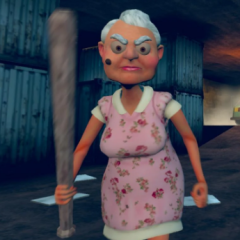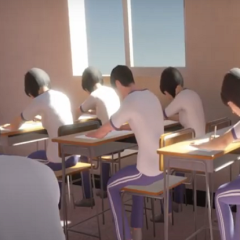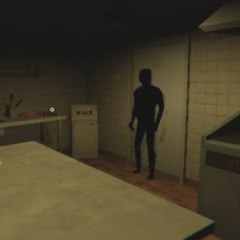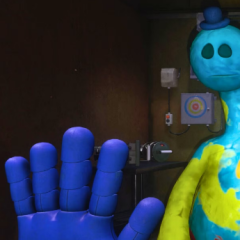Gorilla Tag
Advertisement
Advertisement
Gorilla Tag is a virtual reality multiplayer game that emphasizes physical movement and direct player interaction. Set in stylized environments like forests, caves, and mountains, the game tasks players with tagging one another while navigating the terrain using only their hands. There are no buttons used for locomotion; instead, players must swing, push, and climb by mimicking the motions of an actual gorilla. This control scheme is central to the experience and defines how players engage with the space and each other.
Movement System and Core Mechanics
The movement in Gorilla Tag is based entirely on physical gestures. Players propel themselves forward by pushing off surfaces with their virtual arms, allowing for climbing, wall jumping, and rapid directional changes. This design creates a level playing field that emphasizes skill, agility, and creativity rather than external equipment or upgrades. The core game mode revolves around tag, where one infected player tries to catch others until all have been tagged. Different variants include infection mode, casual mode, and competitive tag.
Game Modes and Map Design
Gorilla Tag includes several maps that vary in layout and complexity. Each location requires players to adapt their strategy and movement style. Trees, walls, and other structures serve as both obstacles and tools for evasion. Over time, seasonal updates and special events have introduced new maps and limited-time modes. The maps are open and vertical, offering multiple routes and hiding spots.
Key features of gameplay include:
- Freeform arm-based locomotion
- Multiple tag-based game modes
- Open maps with vertical traversal
- Community-driven lobbies and rooms
- Real-time voice communication for coordination or taunting
Social Interaction and Community
A major part of Gorilla Tag’s appeal comes from its social elements. The game includes public and private lobbies where players can chat using spatial voice. These interactions range from casual conversations to coordinated group strategies. The absence of structured matchmaking encourages organic interactions and spontaneous play. Over time, the community has developed its own etiquette, mini-games, and custom challenges, shaping the game beyond its core rules.
Accessibility and Longevity
Despite its simple graphics, Gorilla Tag remains popular due to its low barrier to entry and unique movement system. The game is free to play on most VR platforms, making it accessible to a wide audience. Regular updates and developer engagement have maintained its momentum, with cosmetic items and seasonal content keeping players invested. Gorilla Tag continues to grow as both a game and a social space, offering an experience that evolves through community participation and physical engagement.
